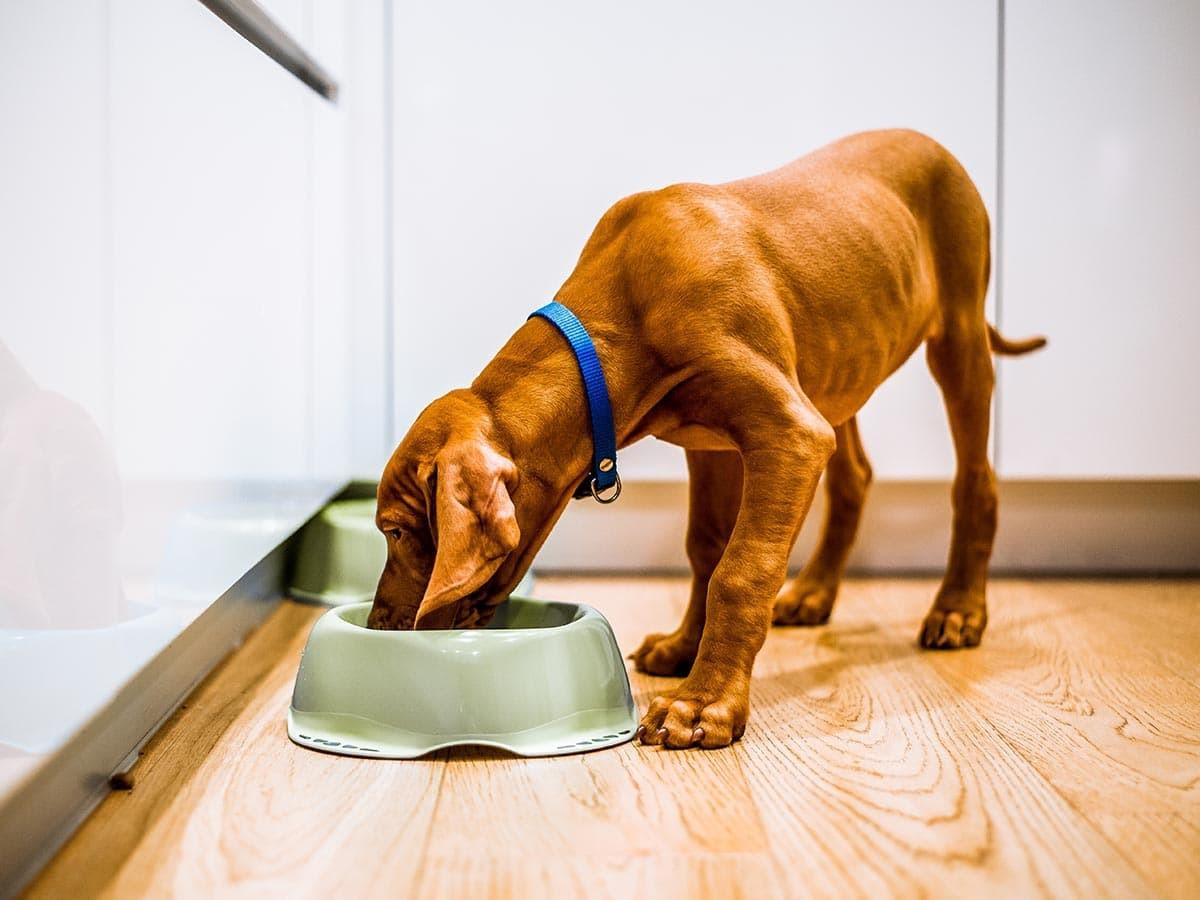Peppermint oil is a common household product with a refreshing scent, but it's important to remember that it can be harmful to our canine companions. Let's delve into the dangers of peppermint oil for dogs and explore safer alternatives.
Dangers of Peppermint Oil for Dogs
While the smell of peppermint might seem harmless, peppermint oil is concentrated and toxic if ingested by dogs. Here's why you should avoid using peppermint oil around your furry friend:
Poisoning: Ingesting peppermint oil can cause poisoning in dogs. Symptoms include vomiting, diarrhea, difficulty breathing, drooling, lethargy, and skin irritation. In severe cases, it can lead to neurological problems.
Respiratory Issues: The strong smell of peppermint oil can irritate a dog's sensitive respiratory system, making it difficult for them to breathe.
Signs of Serious Peppermint Oil Poisoning
If your dog ingests peppermint oil, be aware of these signs that indicate a serious situation requiring immediate veterinary care:
Vomiting and diarrhea (persistent or bloody)
Skin irritation when applied topically (severe redness, swelling, or burns)
Being a severely lethargic dog (unusual sluggishness or unresponsiveness)
Respiratory distress (trouble breathing, rapid panting, coughing)
Seizures in dogs (when exposed to very high concentrations)
Hypersalivation (causing the dog to keep licking his or her lips excessively)
Ulcers in the mouth if the dog licked the peppermint oil (signs of mouth pain, bleeding, or difficulty eating)
What Happens if My Dog Smells Peppermint Oil?
The strong scent of peppermint oil might be overwhelming for dogs. While occasional exposure to the smell itself is unlikely to cause serious harm, it can trigger:
Discomfort: The intense scent may cause your dog to sneeze, cough, or paw at their face to try and remove the uncomfortable smell.
Licking: The minty smell might entice your dog to lick, which could lead to accidental ingestion if peppermint oil is present.
What to Do if Your Dog Eats Peppermint Oil
If you suspect your dog has ingested peppermint oil, take immediate action:
Contact your veterinarian: Don't attempt to induce vomiting yourself. This can worsen the situation. Call your veterinarian or animal poison control center right away.
Provide information: Be prepared to tell your vet the amount of peppermint oil you think your dog ingested and any symptoms they are showing.
Can I Use Peppermint Oil in My House with a Dog?
It's best to avoid using peppermint oil in your home if you have a dog. Even if it's not directly accessible to them, the strong scent can irritate their respiratory system and cause discomfort. Opt for safer alternatives for repelling insects or freshening the air.
Expert Insights From Spot
While peppermint oil may have its uses around the house, keeping your dog's safety a priority is essential. Internal data from Spot Pet Insurance reveals a concerning number of pet poison ingestion claims, with an average cost exceeding $662 per case. Keeping all household products, including essential oils, out of reach of curious pups is crucial. Remember, prevention is always better than cure. Learn more about what pet insurance covers.
Pet-Safe Alternative to Peppermint Oil
There are many dog-safe alternatives to peppermint oil that can help with repelling insects or freshening the air:
Citronella oil: Diluted citronella oil can be a natural insect repellent for dogs. However, always consult your vet before using any essential oil on your dog.
Lemongrass oil: Similar to citronella, lemongrass oil diluted properly can be a natural insect repellent option.
White vinegar: A solution of white vinegar and water can be used as a natural air freshener.
Frequently Asked Questions
Is peppermint oil safe for dogs to breathe? While diffusing peppermint oil may seem harmless, it can irritate a dog’s sensitive respiratory system and should only be used in a well-ventilated area with the dog having the option to leave, and preferably under veterinary guidance.
Which essential oils are safe for dogs? Some essential oils (like certain diluted lavender or chamomile) may be used cautiously around dogs under professional supervision, but many—for example, peppermint, tea tree, citrus, pine, and eucalyptus—are potentially toxic and should be avoided.
What happens if my dog licks peppermint oil? If a dog ingests peppermint oil, it can lead to vomiting, diarrhea, drooling, lethargy, difficulty breathing, or even neurological signs, and you should contact your vet immediately.
How much peppermint can I give my dog? You should not give your dog undiluted peppermint oil; any use must be heavily diluted, administered only under veterinary supervision, and ingestion of even small amounts can be unsafe.
Key Takeaways
When it comes to peppermint oil and dogs, the answer is clear: it's not safe. By understanding the risks and choosing safer alternatives, you can ensure your furry friend stays happy and healthy. Remember, a happy and healthy pup is a pup who can enjoy all the good things in life, minus the peppermint oil!

Creative manager by day, pet enthusiast all the time! After 19 years with my dog (hopefully he wins the award for oldest pet in the world), I enjoy spending my days brainstorming tail-wagging content, and sniffing out the latest trends in the pet world.












